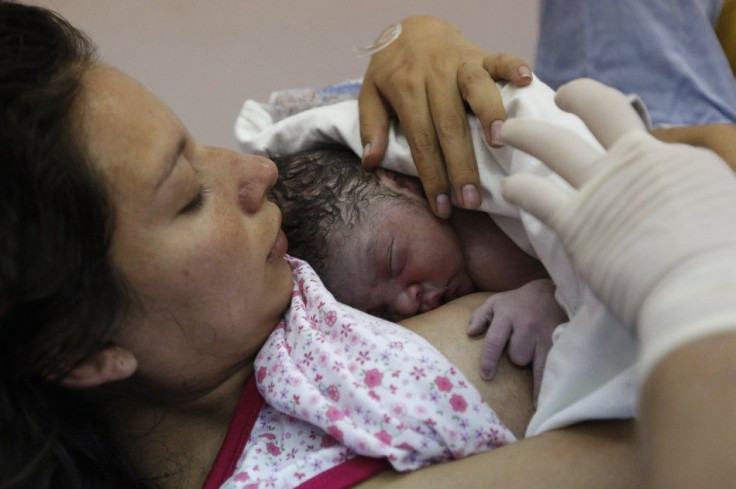Canada’s Manitoba Province Says Sorry To Indigenous Families On Forced Adoptions: Rights Body Says More Required

Canada’s Manitoba province officially tendered apology to indigenous families for forced adoptions from 1960s to 80s. Manitoba Premier, Greg Selinger, apologised to thousands of affected families in the legislature and said. "I would like to apologise on behalf of the Province of Manitoba for the '60s Scoop -- the practice of removing First Nation, Metis and Inuit children from their families and placing them for adoption in non-Indigenous homes, sometimes far from their home community and for the losses of culture and identity to the children and their families and communities." Selinger said this before a packed gallery of adoptees and aboriginal leaders, reports CTV News.
The forced adoptions were part of the tools that sought integration of children into mainstream Canadian society. But the the practice left many scars and damaged the emotional bonds of natives and ruined the ethnic culture. "I hope we can join together down a new path of reconciliation, healing and co-operation," Selinger said. There is a long road and it takes time to heal great pain, he added.
Natives bore the brunt as thousands of indigenous children were snatched from them by welfare services and put them into the care of white families from the 1960s to 1980s. Cases of abuse were reported widely, when forced adoptions led to rape and beatings of the indigenous children by adoptive parents, reports BBC. In 2008, Canada’s Federal government officially apologised for the adoption excesses. Now Manitoba became the first province to have taken that initiative.
Action Needed
Justice Murray Sinclair, head of Canada's Truth and Reconciliation Commission said the apology is 'meaningless' if nit followed up with action. Sinclair said he was happy about the apology but called out for more action beyond the simple expression of sorry.
The Commission's held the rules that required Canadian aboriginals to attend state-funded church schools as the main culprit in committing “cultural genocide.” The commission was created in 2006, following a $5 billion class action settlement between the government, churches and the surviving students.
Survivors' Woes
Joseph Maud, separated from his family when he was five and admitted to a Canadian residential school for indigenous students narrated his woes to BBC. He said the worst part was the pain of being cut off from parents, cousins, uncles and aunts. "I cried going down on my knees and my thoughts were 'when is this going to end? Somebody help me,' calling out for my parents."
Coleen Rajotte, who was taken from her Cree family in Saskatchewan and grew up in Winnipeg, said the apology is important as a conversation. But she said many stories are still left to be told and there are children who have never been found. “Imagine someone kicking down your doors, snatching your children and not telling them where they are going. You have no idea when they'll be back. That's what happened to 20,000 of us, Rajotte said, while agreeing that apology marks a "historic day", adds the CTV report.
(For feedback/comments, contact the writer at k.kumar@ibtimes.com.au)





















